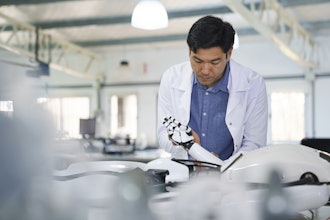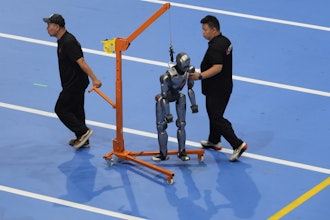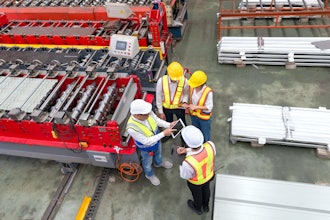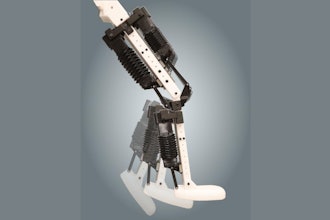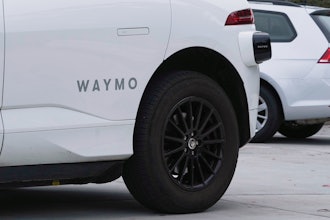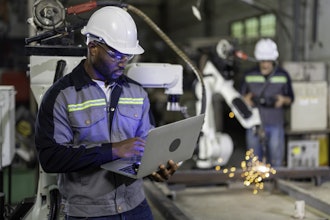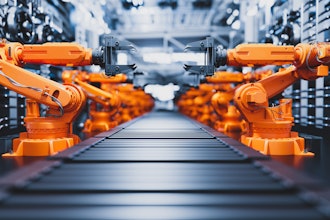If you’re wondering why the name Foxconn sounds familiar, let me remind you.
Foxconn is a Taiwanese-based supplier to Apple and other consumer electronics companies. The manufacturer is responsible for the assembly of millions of iPhones and iPads and, if you may recall, has a pretty terrible reputation for its working conditions. It’s commonplace for employees to work excessive overtime, in some cases seven days a week, and to live in crowded dorms. Some have reported that they stand for so long that their legs swell and they can barely walk. At one point, Foxconn’s worker suicide rate was so high that it had to install suicide netting at factories throughout China and take measures to protect itself against employee litigation.
Well, things might be changing at Foxconn, but not because the company is planning to address these unfavorable working conditions. DigiTimes is reporting that Foxconn is planning to replace the bulk of its workforce with in-house robotic units they’re calling ‘Foxbots.’
The plan will be executed in three waves, the first of which targets automating areas that are either dangerous or involve the kind of repetition that humans are unwilling to do. The second phase streamlines production to reduce the number of robots needed, and the third phase involves automating entire factories, with only a minimal number of human workers.
While automation of assembly line type labor is inevitable in economies as they mature, the issue with Foxconn is complex. Last year, the company reportedly employed 1.2 million people in China, making it the country’s largest private employer and therefore privy to the state subsidies and perks that are common there.
The New York Times recently spotlighted a Foxconn factory in Zhengzhou that spits out some 500,000 iPhones a day. The local government put up more than $1.5 billion to Foxconn to build large sections of the factory, housing, roads and power plants. One wonders how China is feeling about this plan, after such an investment in job creation. And maybe the jobs suck but, in this impoverished region, they’re important to those who need them.









